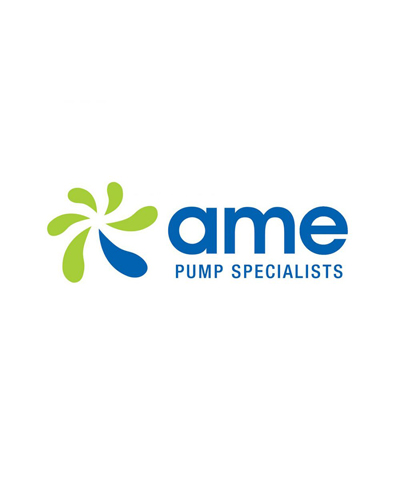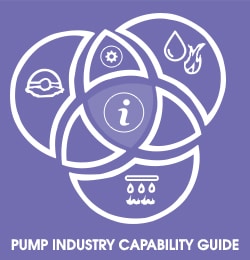Farmers in Moree, NSW, are able to run their irrigation bore pumps 24/7 while reducing their diesel usage, thanks to an innovative new off-grid solar–diesel hybrid power plant.
The solar-diesel hybrid power plant has been commissioned on a cotton farm in Moree.
This power plant allows the cotton grower to pump high volumes of irrigation bore water, while reducing diesel consumption by up to 60 per cent.
Designed and built by YellowDot Energy (YDE), this hybrid solardiesel power plant allows 24/7 operation of the irrigation bore pump with daily volumes of up to 4ML and an annual yield of 890ML.
Innovative use of variable frequency drive (VFD) technology combines electricity from a diesel generator and solar PV.
Over the course of a year, this site is projected to displace 60 per cent of the diesel consumption from the previous diesel engine direct drive pump.
How it works
The Moree power plant is designed around a proprietary electronic control system that includes a range of sensors, remote telematics and backup battery power. The grower can choose to operate seasonally between hybrid and a solaronly mode and can monitor and control the system remotely via an internet connection.
According to Glenn Clark, YDE Director, during growing season, farmers need to operate their bore pumps 24/7 – resulting in considerable expense. Many pumps will be dieselpowered, and the annual bill for diesel on a farm can be upwards of $1million.
“Pumps are a huge user of energy for farmers, especially those who need to pump bore water,” said Mr Clark.
“This translates into a significant cost for farmers. Often these pumps are powered by diesel engines, and during the peak cotton growing season between October and February, bore pumps are typically operating 24/7.”
After identifying the opportunity to provide farmers with considerable energy savings through a hybrid diesel-
solar power source, YDE set about developing a prototype model.
The process from idea to the recent deployment of the first model in Moree has taken about six years, but for Mr Clark and the farmers benefiting from the system, the wait has been worth it.
“The technology and commercial model has steadily evolved over the last six years. It has been a process of perfecting the design and providing the best possible benefit to farmers.”
While solar-diesel hybrid power systems have been on the market for a while, they’ve traditionally been complicated and expensive, due to the large number of inverters required by the system.
The key difference YDE’s model offers is that it utilises a variable frequency drive (VFD), eliminating the need for solar inverters – significantly reducing the upfront capital cost for owners.
In the YDE model, power is injected directly into the VFD, a critical element for 24/7 pump systems. Typically, the pump is powered by solar during the day and diesel overnight.
The system is remotely monitored and controlled so users can change settings based on their own preferences – the system can quickly move to diesel power if it becomes too cloudy to operate on solar alone, allowing farmers to keep the water pumping with no downtime.
The system also features an advanced telemetry system, allowing users to keep up to date with the pump’s performance and to change the operation remotely.
“Farmers are used to having telemetry with most of their modern equipment so we needed to be able to offer this feature,” noted Mr Clark.
 Retrofitting existing pumps
Retrofitting existing pumps
According to Mr Clark, the process of retrofitting existing pumps to the solar-diesel hybrid model is relatively straightforward.
“We can retrofit almost any pump so that it’s powered by our new system, from line shaft to submersible pumps.”
And it’s not just farmers and irrigators who can benefit from this new system. YDE believes the solardiesel hybrid system could be utilised in municipal works, such as at wastewater treatment plants, and in the pumping of mains water.
“We believe we have developed an innovative technology that has multiple applications. When water is pumped there’s usually considerable expense – but also considerable opportunity for efficiency savings.
“Our solar/diesel power system has the potential to play an important role in helping to make pumping a more efficient process.”
Farming innovation through pumps
According to Rob Mailler, YDE Chief Engineer, Australian farmers have a history of adopting new and innovative farm practices – a history which the new pump system responds to.
“We have developed a way to reduce production costs associated with diesel and engine maintenance. In addition, the system results in lower diesel consumption, which results in a lower extraction cost per ML of water.
This lower cost allows an irrigator to expand their planting choices to crops that would not have been economically viable with diesel only pumping.”
Key features
- Integrates power from solar PV and a diesel generator via a high capacity variable frequency drive
- Capable of operating 24/7 in hybrid mode or during daylight hours in solaronly mode
- Electronic control system manages the generator, PV, drive output and the hybrid integration
- DC optimised PV modules provide power control from the solar array
- Multiple sensors and modem communications provide monitoring and remote systems control
- Submersible three-phase electric pump
Projected outcomes
- 890ML pumped per year – up to 4ML per day during peak season (hybrid) and up to 1.6ML per day off season (solar only)
- Annual diesel saving 40,760L which is a 60 per cent reduction on original diesel engine
- Operating 6am to 6pm has yielded actual results averaging under 15L of diesel per ML pumped
- Reduced annual maintenance costs.















